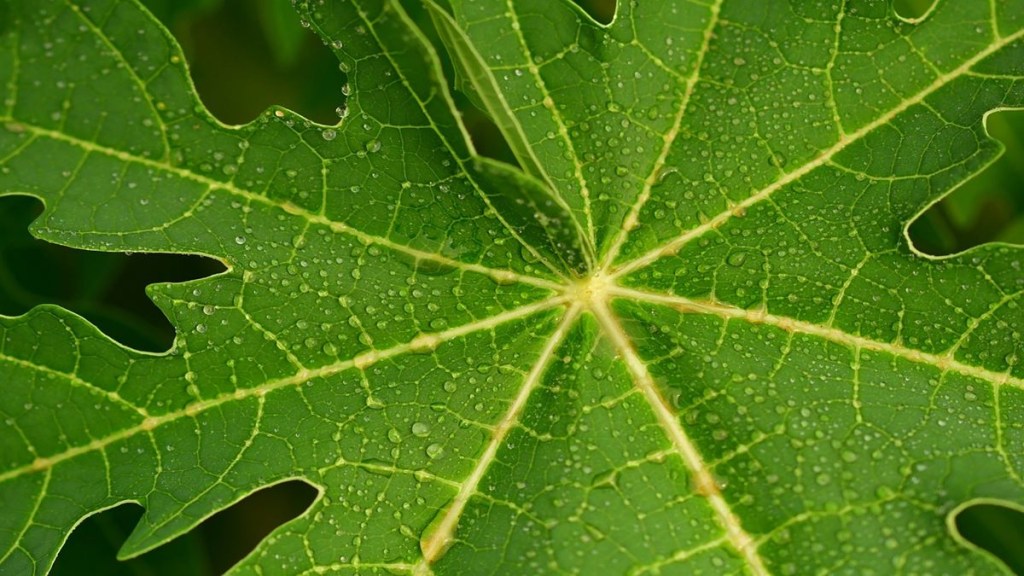As the monsoon is here, there is a rise in dengue cases across India. According to statistics shared by the Municipal Corporation of Delhi (MCD), a total of 163 dengue cases have been reported till July 15 this year, as compared to the same period in 2022 and 2021 when 158 and 40 cases respectively were witnessed.
The data also revealed that 39 cases were reported in the last week alone. As per reports, no fatality has been reported so far. On Monday Mayor Shelly Oberoi said that directions have been issued to departments concerned to take steps to check mosquito breeding and clear silt and sludge left behind by the Yamuna.
What happens when you get dengue?
Dengue is a viral infection that spreads from mosquitoes to people. According to the World Health Organization (WHO), it is more common in tropical and subtropical climates.
In most cases, most people won’t have symptoms. However, for those that do, the most common symptoms are high fever, headache, body aches, nausea and rash. Dengue is treated with pain medicine as there is no specific treatment currently, reveals WHO.
When a person is infected with dengue virus, there is a decrease in platelet count. According to experts, this is the most crucial symptom of dengue fever and it is often observed during the acute phase of the illness.
What are the symptoms of dengue?
According to experts, most people with dengue have mild or no symptoms and will get better in 1–2 weeks. In certain rare cases, dengue can be severe and lead to death.
If symptoms occur, they usually begin 4–10 days after infection and last for 2–7 days. Symptoms may include:
- high fever
- severe headache
- pain behind the eyes
- muscle and joint pains
- nausea
- vomiting
- swollen glands
- rash.
According to WHO, individuals who are infected for the second time are at greater risk of severe dengue.
As there is no specific treatment for dengue, doctors usually focus on treating pain symptoms. According to WHO, Acetaminophen (paracetamol) is often used to control pain. Non-steroidal anti-inflammatory drugs like ibuprofen and aspirin are avoided as they can increase the risk of bleeding.
Is papaya leaf helpful in dengue?
Every year, a rise in dengue cases leads to a surge in demand for papaya leaves as it is believed that they can increase platelet count in dengue patients. But does it really work?
“Papaya leaves should not be consumed when suffering from Dengue due to several reasons. Firstly, there is insufficient scientific evidence to support the claims of papaya leaves have therapeutic benefits for dengue patients. While some studies suggest potential effects, most of the research is limited and lacks robust clinical trials,” Dr. (Col) Rakesh Kumar, Sr. Consultant Internal Medicine at Artemis Lite, NFC, New Delhi told Financial Express.com.
Meanwhile, Dr. Tushar Tayal, Lead Consultant, Department of Internal Medicine, CK Birla Hospital, Gurugram told Financial Express.com that every year they see that people resort to a lot of home measures for increasing platelets such as papaya leaf juice and kiwi.
‘Consuming papaya leaves could lead to adverse reaction’
According to Dr. Kumar, consuming papaya leaves could lead to adverse reactions or side effects, especially in individuals with weakened immune systems caused by dengue fever.
“Allergic reactions, gastrointestinal discomfort, or other complications may arise from the consumption of raw papaya leaves or extracts. Moreover, dengue fever often results in a decrease in platelet count, leading to bleeding complications. While there are claims that papaya leaves may help increase platelet counts, relying on unproven remedies could be risky and might delay appropriate medical treatment,” he said.
He also emphasised that proper medical care is crucial for managing dengue fever effectively. “Seeking professional medical attention, staying hydrated, and following medical advice are essential for ensuring the best possible outcome for dengue patients. It is always advisable to consult healthcare professionals for appropriate treatments rather than relying on unproven remedies like papaya leaves, he added.
“Papaya leaf juice is extremely unpleasant in taste and may lead to further vomiting and loose stools which can worsen the underlying dehydration. In a scientific study, it was found that papaya juice has flavonoids and antioxidants which are also found in all fresh fruits and vegetables. So instead of drinking papaya juice, we should encourage the patient to have fresh fruits, vegetable soups, and coconut water to boost up immunity. Having said that platelets in a dengue patient increase by the 7th day automatically, and drinking papaya juice will not expedite the recovery,” Dr. Tayal told Financial Express.com.
How to prevent Dengue?
As the mosquitoes that spread dengue are active during the day, the following steps can lower the risk of getting dengue:
- Use clothes that cover as much of your body as possible
- Use mosquito nets if sleeping during the day, ideally nets sprayed with insect repellent
- mosquito repellents (containing DEET, Picaridin or IR3535)
- coils and vaporizers.







